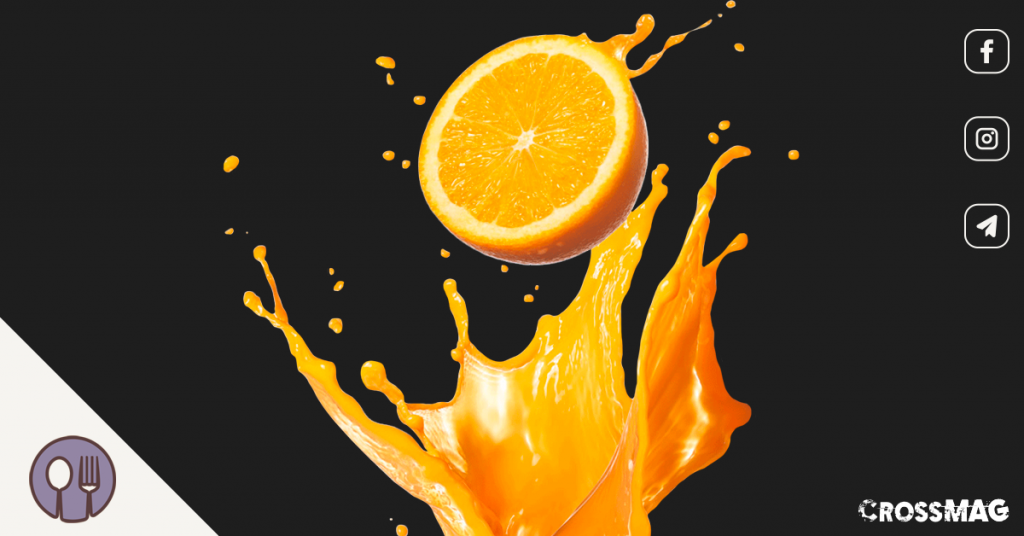La Vitamin C it is a water-soluble vitamin found in many foods, in particular fruits and vegetables. It is rich in antioxidants, has positive effects on skin health and immune function, is very important for the synthesis of collagen, connective tissue, bones, teeth and small blood vessels.
Our body cannot produce or store vitamin C, therefore it is essential to consume it regularly in sufficient quantities; the current recommended daily value of this vitamin is 90 mg.
Symptoms of the vitamin C deficiency include: bleeding gums, bruises, frequent infections, poor wound healing, anemia, and scurvy.
Here are the top 16 foods rich in vitamin C.
Index
KAKADU PLUMS
The kakadu plum is an Australian super food containing 100 times more vitamin C some oranges; has the highest concentration of vitamin C known: 5.300 mg per 100 grams!
ACEROLA CHERRIES
50 grams of this fruit provide 822 mg of vitamin C; acerola extract may have anticancer properties and help prevent UVB skin damage.
ROSEHIP
Rosehip is a small, sweet and spicy fruit of the rose plant and provides 119 mg of vitamin C.
CHILI PEPPERS
Il green chili contains 109 mg of vitamin C, while that red solo 65mg; also, the capsaicin, which makes them spicy, can reduce inflammation and pain.
GUAVA
This red-fleshed tropical fruit is native to South America and contains 126 mg of vitamin C; in addition, it is rich in antioxidant lycopene and can help reduce the cholesterol and fat absorption.
YELLOW PEPPERS
The content of vitamin C from yellow peppers varies according to maturation; 80 gr of sweet yellow peppers provide 137 mg of vitamin C.
BLACKCURRANT
50 grams of black currant contain 101 mg of vitamin C. Antioxidant flavonoids give the currant its dark color; they also help reduce the oxidative damage associated with chronic diseases.
THYME
Fresh thyme is theculinary herb with the highest concentration of vitamin C (3 times greater than oranges). 28 grams of thyme contain 45 mg of vitamin C; Adding a spoonful of thyme to dishes can boost immunity and help fight infections.
PARSLEY
Two tablespoons of fresh parsley contain 10 mg of vitamin C, providing the11% of the daily value recommended. Parsley is also a significant source of iron not heme and vitamin C increases its absorption.
BLACK CABBAGE
Black cabbage is a cruciferous vegetable; a cup of chopped black cabbage provides 89% of the daily value of vitamin C (80mg). It also provides vitamin K and carotenoids. One cup of cooked cabbage contains 53 mg of vitamin C.
KIWI
Un medium kiwi contains 71 mg of vitamin C, the 79% of the recommended daily value. This fruit helps promote blood circulation and immunity.
BROCCOLI
Like cabbage, this vegetable belongs to the cruciferous family; half a cup of broccoli cooked provides 51 mg of vitamin C (57% of the daily value).
LEMONS
Un whole lemon raw, including the peel, provides 83 mg of vitamin C. Lemon is a powerful antioxidant; when fruits and vegetables are cut, the polyphenol oxidase enzyme is exposed to oxygen.
This triggers oxidation and makes the vegetables brown. Applying lemon juice to exposed surfaces prevents this process.
PAPAYA
Una cup of papaya provides 87 mg vitamin C (97% of the daily value); papaya concentrate extract helps reduce inflammation and oxidative stress.
STRAWBERRIES
150 grams of strawberries provide 89 mg of vitamin C (99% of the daily value); strawberries contain a mix of vitamins, manganese, flavonoids, folic acid and beneficial antioxidants.
This nutritious fruit can aid heart and brain health.
ORANGES
A medium sized orange provides 70 mg of vitamin C (78% of the daily value); other citrus fruits, such as grapefruit, limes, and tangerines, are also good sources of vitamin C.
Vitamin C is vital for our body; a diet rich in this vitamin is an essential step for good health and the prevention of many diseases.
Do you get enough vitamin C? let us know in the comments and don't forget to follow us on our Telegram channel
SUBSCRIBE HERE TO THE TELEGRAM CHANNEL

